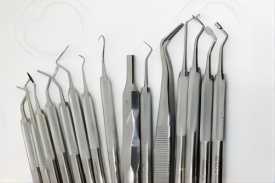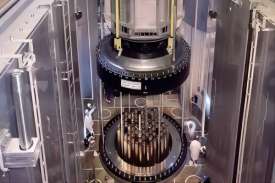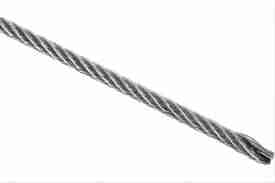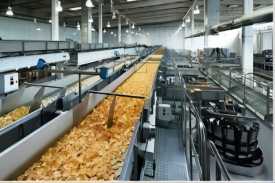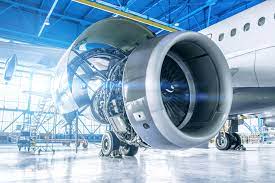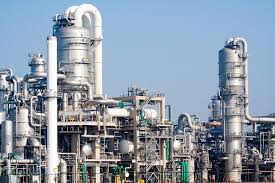Firstly, the lightweight design of thin wall stainless steel tube allows for the production of components that are both strong and easy to handle. This is especially beneficial in industries where weight reduction is crucial, such as aerospace and automotive. Secondly, stainless steel's exceptional corrosion resistance ensures the longevity and reliability of the tubes, even in harsh environments. Thirdly, stainless steel tubes have excellent heat transfer properties, making them ideal for applications that require efficient heat exchange, such as in refrigeration and HVAC systems. They also exhibit high strength and durability, providing structural integrity without the need for thick walls. Additionally, stainless steel is hygienic, easy to clean, and non-reactive, making it suitable for applications involving food, beverages, and medical equipment. Lastly, stainless steel's versatility allows for easy fabrication and customization, enabling the production of complex shapes and structures.

